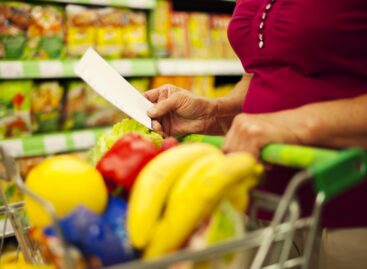BNPL popularity rises among ‘financially fragile’ consumers
About 60% of that group used BNPL five or more times in the past year, compared to just over 20% of more stable consumers, the New York Fed said.

“Financially fragile” buy now, pay later users are turning to the installment payment method more frequently than financially stable consumers, according to new research from the Federal Reserve Bank of New York.
BNPL users who are financially fragile “appear to have embraced BNPL as a regular payment option,” the New York Fed said in its second report on BNPL, released Feb. 14. About 60% of that group have used BNPL five or more times in the past year, compared to just over 20% of financially stable consumers.
Financially fragile users are also tapping BNPL for smaller purchases, the NY Fed said. The majority of financially fragile users are turning to BNPL to make purchases under $250, while financially stable users are far more likely to use it for purchases between $1,750 and $2,000.
When respondents were asked why they use BNPL, both groups emphasized the appeal of spreading out payments over weeks, according to a word cloud representation of responses.
However, financially fragile users tend to talk about ease of access or a lack of money upfront to make purchases, while financially stable users mention the appeal of no interest and the ability to spread out payments without using a credit card.
Retail Dive
Related news
EU strictness is on its way: BNPL will also be affected by the regulations this year
🎧 Hallgasd a cikket: Lejátszás Szünet Folytatás Leállítás Nyelv: Auto…
Read more >Related news
Pálinka, my love…
🎧 Hallgasd a cikket: Lejátszás Szünet Folytatás Leállítás Nyelv: Auto…
Read more >Not a turnaround, but consolidation: an agricultural outlook for 2026
🎧 Hallgasd a cikket: Lejátszás Szünet Folytatás Leállítás Nyelv: Auto…
Read more >







